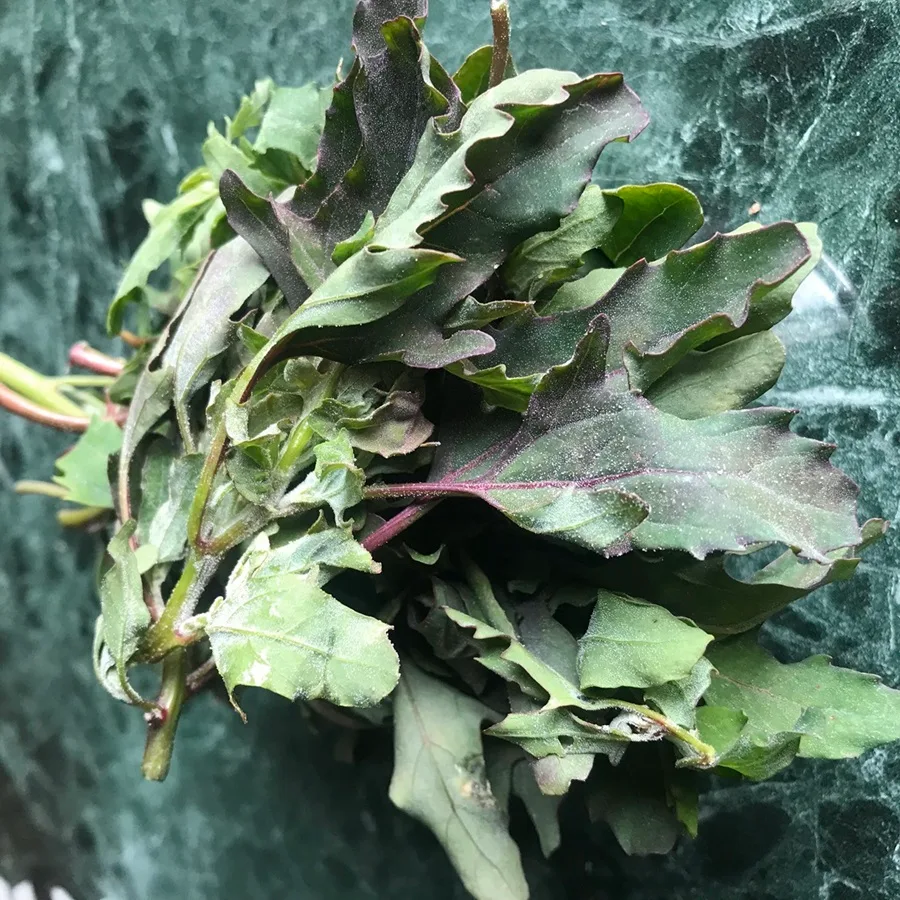"Bhai, Bethe ko Sag tipna jaane ho?"
I was surprised when Bhimsen Dai asked me this in Helsinki. I then accompanied his family to the open and pristine fields in Malmi, Helsinki for collecting a wild herb that people in Nepal savour - Bethe ko Sag.

That was my first Finnish summer experience. While exploring Helsinki and around, I did not miss to make strolls in local neighborhood of Malmi (a neighbourhood with many Nepali families) where I stayed. However, it was Bhimsen Dai who showed me 'Lamb's Quarters' on the fields of Malmi.
In English, it has got many names. I choose to call it 'Lamb's Quarters' if I have to. Otherwise, I call it 'Bethe ko Sag', for I would love to write freely and organically here in my blog.
My focus in this article is to highlight the visible manifestations of Nepali identity and space-making in foreign countries. I may write another article based on my own general observation of the trend of place-making in contemporary Nepal.
'Bethe ko Sag' is just a figurative thing here. I also recall a school senior who currently lives in Australia with her family, growing veggies of Nepali gastronomy in her backyard. Though many Nepali people are fed up of the contemporary political ecology of Nepal, they also know that they are free to co-construct their own 'space'. With 'freedom', I recall here Amartya Sen's 'freedom' which can be interpreted in terms of free and fair economic participation for making a utopian society.
Let me believe that these Nepali people venture abroad to construct their own 'spaces' of economic freedom where they also expect to experience relatively more 'just' and more 'fair' system.
The same people, would be saying openly and explicitly, that the system of Nepal is 'kharaab', meaning 'bad'.
Saying so, one may argue 'societal transformation starts from personal transformation'. S/he may add - running away from 'a mess' is not any form of 'transformative action' at any level, or any form. I do not have counter argument to these opinions, or expressions. However, I know that I carry hope. I see the similar 'hope' in the purest forms of space-making of first generation Nepali in the diaspora. With 'hope', I see that there is 'potential' for 'transformative action'. The trajectory may start at one front and scale towards the political realm.
Well, I may be etymologically wrong here. However, I consider 'place' as a physical expression and 'space' as physical and/or abstract. When Bhimsen Dai and his wife (being first generation migrants to Finland) attempt to normalize the conflict between 'being a Nepali' and 'living in Finland' through 'Bethe ko Sag' foraging, I clearly see a normalization at the fronts of 'identity crisis' and 'space making'.
During my 2 months stay in Helsinki, they have invited me to Nepali style dinners where they would serve rice, dal (lentil soup), lamb-curry, and achar (spicy Nepali style salad). When we conversed about Nepal, they would always say that they would return to Nepal if the situation 'improves' to the 'level of their expectations'. Though I could not assess and figure out the 'level of their expectations', I realized that their space-making was connected to Nepal and their identity as a Nepali. On top of this, they still carried 'hope' that Nepal will be an utopian state, as I do.
I am not a botanist, nor a biotechnologist. However, I was surprised to find 'Lamb's Quarters' on the open fields of Helsinki. I also found 'kutuli kosa' (small pods similar to the appearance of the bigger pods of green peas) by the sidewalks in Malmi. Guess what, I ate those.
Recommended Article: Collecting Common Vetch Pods (Kutuli Kosa)
During those 2 months of my stay in Helsinki, the embodied normalization of space-making and identity confirmation was best faciliated by those perks. Those had positive impact on my mental health too; you know aftermath of dark Finnish winter months. Then what? As a Nepali who aspires for freedom, carries hope, and gets faciliated opportunities of transformative spaces, and normalization in identity crisis is left with one more step - organized efforts of societal transformation.
Disclaimer: The names of people in this articles are 'pseudo names'.
